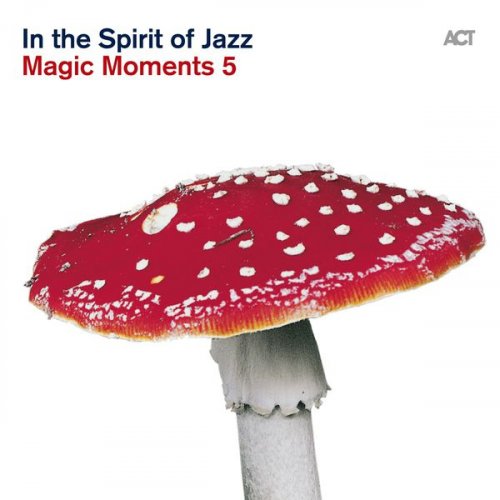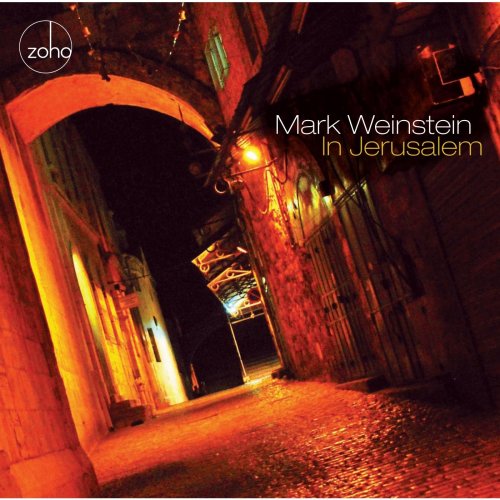Wayne Horvitz - The Snowghost Sessions (2018) [Hi-Res]
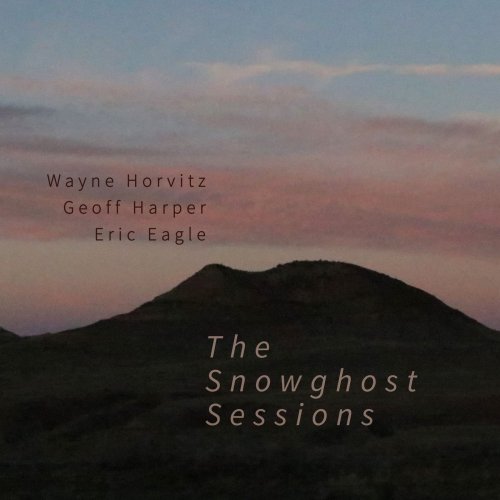
Artist: Wayne Horvitz
Title: The Snowghost Sessions
Year Of Release: 2018
Label: Songlines
Genre: Jazz
Quality: Mp3 320 kbps / FLAC (tracks) / 24bit-96kHz FLAC (tracks)
Total Time: 51:44
Total Size: 121 / 242 / 932 MB
WebSite: Album Preview
Tracklist:Title: The Snowghost Sessions
Year Of Release: 2018
Label: Songlines
Genre: Jazz
Quality: Mp3 320 kbps / FLAC (tracks) / 24bit-96kHz FLAC (tracks)
Total Time: 51:44
Total Size: 121 / 242 / 932 MB
WebSite: Album Preview
1. The Pauls 04:45
2. No Blood Relation #1 04:14
3. Trish 03:31
4. IMB 02:30
5. Apart from You #1 02:40
6. Northampton 04:12
7. For James Tenney 03:37
8. No Blood Relation #2 02:46
9. Flies on Friday 01:19
10. The Trees 03:24
11. Yukio and Nao's Duet 04:58
12. 55 6 (21) Variations 02:41
13. 55 6 (7) Variations 03:03
14. Apart from You #2 03:49
15. American Bandstand (bonus track) 04:15
“The album provides a balance of order and feeling...and moods that range from quiet and solemn to quirky and bluesy.”
– John Ephland, DownBeat
In the spring of 2015 Wayne Horvitz, with longtime Seattle collaborators Eric Eagle and Geoff Harper, spent a most of a week in
residence at SnowGhost Studios in Whitefish, Montana. SnowGhost is a state-of-the-art 21st century studio with great acoustic spaces,
and a meticulously maintained Steinway B grand piano. Owner Brett Allen, who has a keen interest in experimental music, engineered
the sessions. In exchange, at the end of the residency the trio gave an intimate private concert for Allen’s invited guests, a group of
audiophile engineers and developers.
The Snowghost Sessions is Horvitz’s first trio record since the 1980s, and his first piano/keys-bass-drums record ever. Wayne describes
the working vibe: “I’ve never felt so free of expectations in the recording studio in my life. Whitefish is a quiet town in a beautiful
place, and it’s easy to focus and leave the outside world behind. The sessions were relaxed, creative, and without a specific goal. We
didn’t set out to make a record, we just set out to enjoy the process. I brought in a pile of tunes and sketches, including some chamber
pieces from my installation 55: Music and Dance in Concrete, and we started making music. The only thing I knew was, I wanted to
work with Eric and Geoff, and I wanted find an organic marriage between the idea of a piano trio and some ideas I’d been exploring
with amplified and processed piano.”
“It was one of those moments when you have a good musical feeling that leads to realizing these are people you want to get to know
better, and dig a little deeper. We had played all sorts of gigs over the years, and Eric had played a lot of my music. I think everyone
was excited to go in without a lot of plans, and even though they were my tunes, we really collaborated on the process. It’s a nice thing
to not be beholden to a fixed outcome for a project. I wasn’t even sure it was something that would ever see the light of day, but when
I heard the rough mixes I knew I had something. As for trios – I like trio formats – but mostly I have had trios that were collectives.
The piano trio, in the jazz sense of that term, is daunting, there is such a history, and even as a leader I always approach things as a
composer and a collaborator, and the traditional piano trio puts one in the position of “principal soloist,” which isn’t the part of music I
am most excited about.”
Most tracks are live, including the processing, with minimal overdubs; a few pieces involve multiple keyboards. “I also used my lap-
top, triggering samples mostly from the 55 project....For the electronics I just used old school pedals. Sometimes when I do live shows
I use a MAX MSP patch, less stuff to carry around, but I like the immediacy of pedals with knobs, stuff I have been using for years. 8
second delay, a tremolo pedal I love, a memory man, just garden variety stomp boxes.... Since electronics were involved it did leave
a lot of options for how to mix. For example: do we keep the drums ‘natural’ or try to do something interesting with them in the mix.”
Some of the tunes do have an almost ambient feel, while others take the music into avant-jazz territory, but it’s mainly a subtle record
of grace and beauty (Horvitz calls it “textural and contemplative”) – one that repays close listening.
Wayne Horvitz, piano, amplified piano, live processing, Wurlitzer electric piano, Hammond B-3, Nord Lead, TX-7, Mellotron
Geoff Harper, contrabass
Eric Eagle, drums, percussion
– John Ephland, DownBeat
In the spring of 2015 Wayne Horvitz, with longtime Seattle collaborators Eric Eagle and Geoff Harper, spent a most of a week in
residence at SnowGhost Studios in Whitefish, Montana. SnowGhost is a state-of-the-art 21st century studio with great acoustic spaces,
and a meticulously maintained Steinway B grand piano. Owner Brett Allen, who has a keen interest in experimental music, engineered
the sessions. In exchange, at the end of the residency the trio gave an intimate private concert for Allen’s invited guests, a group of
audiophile engineers and developers.
The Snowghost Sessions is Horvitz’s first trio record since the 1980s, and his first piano/keys-bass-drums record ever. Wayne describes
the working vibe: “I’ve never felt so free of expectations in the recording studio in my life. Whitefish is a quiet town in a beautiful
place, and it’s easy to focus and leave the outside world behind. The sessions were relaxed, creative, and without a specific goal. We
didn’t set out to make a record, we just set out to enjoy the process. I brought in a pile of tunes and sketches, including some chamber
pieces from my installation 55: Music and Dance in Concrete, and we started making music. The only thing I knew was, I wanted to
work with Eric and Geoff, and I wanted find an organic marriage between the idea of a piano trio and some ideas I’d been exploring
with amplified and processed piano.”
“It was one of those moments when you have a good musical feeling that leads to realizing these are people you want to get to know
better, and dig a little deeper. We had played all sorts of gigs over the years, and Eric had played a lot of my music. I think everyone
was excited to go in without a lot of plans, and even though they were my tunes, we really collaborated on the process. It’s a nice thing
to not be beholden to a fixed outcome for a project. I wasn’t even sure it was something that would ever see the light of day, but when
I heard the rough mixes I knew I had something. As for trios – I like trio formats – but mostly I have had trios that were collectives.
The piano trio, in the jazz sense of that term, is daunting, there is such a history, and even as a leader I always approach things as a
composer and a collaborator, and the traditional piano trio puts one in the position of “principal soloist,” which isn’t the part of music I
am most excited about.”
Most tracks are live, including the processing, with minimal overdubs; a few pieces involve multiple keyboards. “I also used my lap-
top, triggering samples mostly from the 55 project....For the electronics I just used old school pedals. Sometimes when I do live shows
I use a MAX MSP patch, less stuff to carry around, but I like the immediacy of pedals with knobs, stuff I have been using for years. 8
second delay, a tremolo pedal I love, a memory man, just garden variety stomp boxes.... Since electronics were involved it did leave
a lot of options for how to mix. For example: do we keep the drums ‘natural’ or try to do something interesting with them in the mix.”
Some of the tunes do have an almost ambient feel, while others take the music into avant-jazz territory, but it’s mainly a subtle record
of grace and beauty (Horvitz calls it “textural and contemplative”) – one that repays close listening.
Wayne Horvitz, piano, amplified piano, live processing, Wurlitzer electric piano, Hammond B-3, Nord Lead, TX-7, Mellotron
Geoff Harper, contrabass
Eric Eagle, drums, percussion
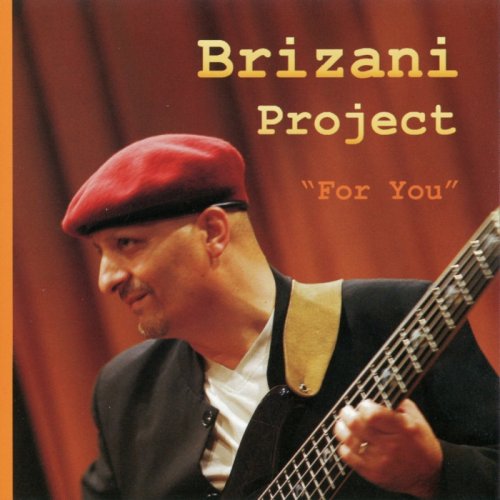
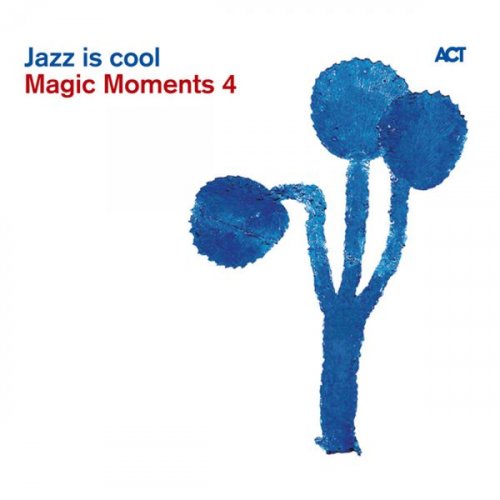
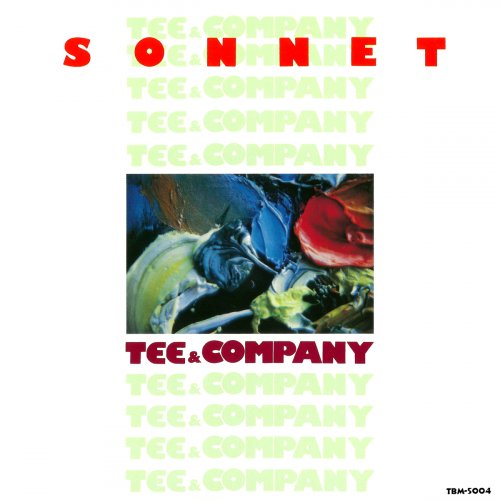
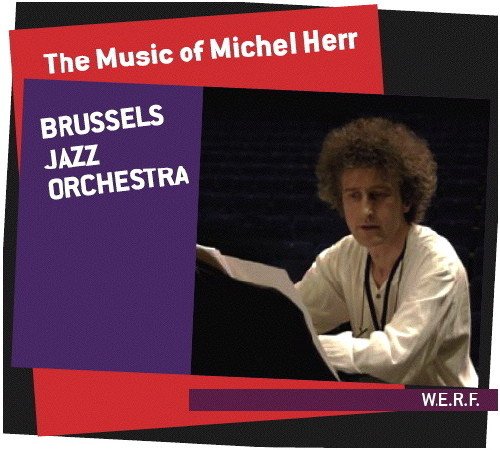
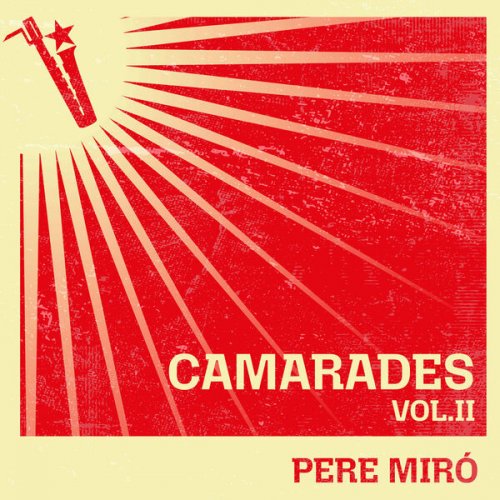
![Dominique Fils-Aimé - My World Is The Sun (2026) [Hi-Res] Dominique Fils-Aimé - My World Is The Sun (2026) [Hi-Res]](https://www.dibpic.com/uploads/posts/2026-02/1771404623_folder.jpg)
![Mantovani & His Orchestra - The Greatest Gift Is Love (1975/2026) [Hi-Res] Mantovani & His Orchestra - The Greatest Gift Is Love (1975/2026) [Hi-Res]](https://www.dibpic.com/uploads/posts/2026-02/1771524770_cover.jpg)
